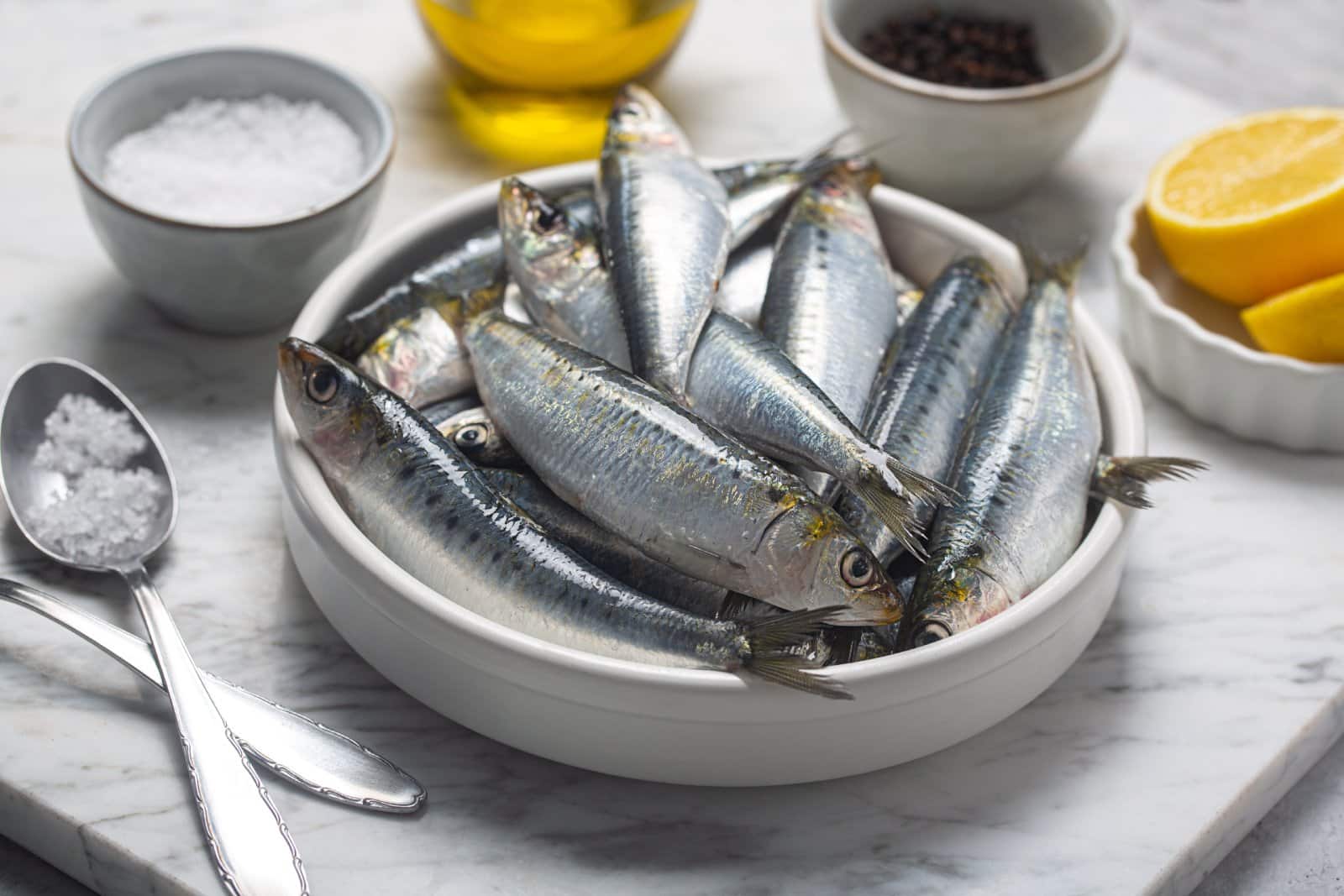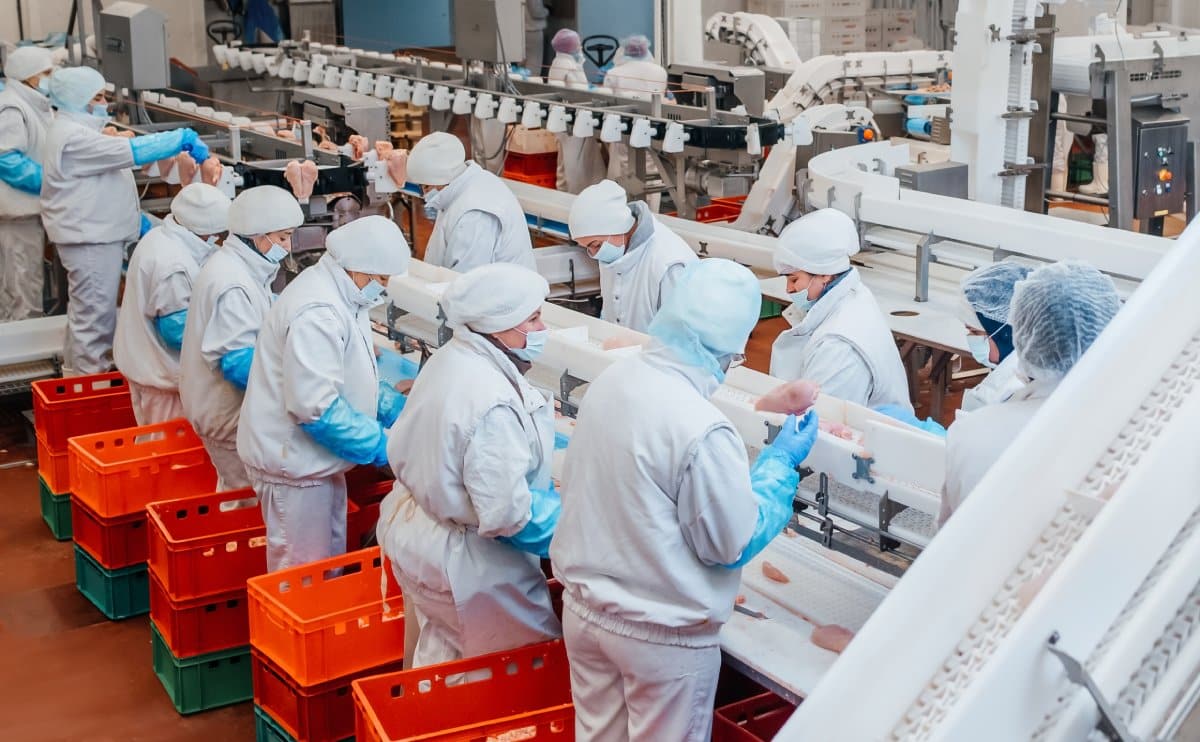Ever wondered what really goes on behind the scenes in the food industry? Here are 18 secrets that might make you think twice about your next meal.
Hidden Sugar in Everything

Sugar isn’t just in sweets. It’s hidden in savory foods like bread, sauces, and even salad dressings. Food companies add sugar to enhance flavor, making it hard to avoid.
Misleading Labels

Labels like “natural” and “whole grain” can be misleading. These terms aren’t strictly regulated, so products may not be as healthy as they seem.
Serving Size Deception

Manufacturers often list unrealistically small serving sizes to make their products appear lower in calories, sugar, and fat.
Artificial Colors and Flavors

Many processed foods contain artificial colors and flavors to make them more appealing. These additives can have questionable health effects.
Fillers and Additives

Fillers like cellulose (wood pulp) and additives are used to bulk up products cheaply. They add no nutritional value and can sometimes cause digestive issues.
The Truth About “Fresh”

“Fresh” produce in supermarkets may have been picked weeks before and treated with chemicals to extend shelf life. Freshness is often an illusion.
High Sodium Levels

Processed foods are often high in sodium, which can lead to health issues like hypertension. Always check the sodium content on labels.
Cheap Ingredients

To cut costs, companies use cheap ingredients like high-fructose corn syrup and hydrogenated oils, which are linked to various health problems.
Antibiotics in Meat

Livestock are often given antibiotics to promote growth and prevent disease. This practice contributes to antibiotic resistance in humans.
Pesticide Residues

Non-organic fruits and vegetables may contain pesticide residues. Washing can remove some, but not all, of these chemicals.
Misleading “Health” Foods

Products marketed as health foods, like granola bars and fruit juices, can be loaded with sugar and unhealthy fats. Always read the ingredient list.
Farmed vs. Wild Fish

Farmed fish may contain higher levels of contaminants and fewer omega-3 fatty acids compared to wild-caught fish. Know the source of your seafood.
Hidden Trans Fats

Even if a label says “0 grams trans fat,” the product can still contain up to 0.5 grams per serving. Check for partially hydrogenated oils in the ingredients list.
Marketing to Kids

Food companies target children with sugary cereals and snacks using colorful packaging and mascots. This marketing contributes to unhealthy eating habits.
Seasonal Produce

Out-of-season produce is often imported and lacks the flavor and nutrients of locally grown, in-season fruits and vegetables.
Expiration Date Confusion

“Sell by,” “use by,” and “best before” dates can be confusing and are often not about safety. They’re typically about peak quality.
Factory Farming Practices

Factory farming can involve inhumane treatment of animals and unsustainable practices. Opt for products labeled as free-range or organic when possible.
Environmental Impact

The food industry’s environmental impact is significant, from deforestation for palm oil plantations to overfishing. Making eco-friendly food choices can help reduce your footprint.
Be Informed, Eat Better

Understanding these food industry secrets can help you make healthier and more ethical choices. By being informed, you can navigate the grocery aisles with confidence and prioritize foods that are good for you and the planet. Happy eating!
Timeless Taste: 20 Boomer Superfoods That Are Making a Comeback

Discover the forgotten superfoods of the boomer generation! From liver to sardines, these nutritional powerhouses are making a comeback. Join us as we rediscover these classic ingredients and their health benefits. Let’s dive into the world of boomer superfoods together! Timeless Taste: 20 Boomer Superfoods That Are Making a Comeback
21 Everyday Grocery Items That Are Loaded With Chemicals

Grocery shopping can seem like a science experiment, with many products packed with artificial additives instead of nutrients. While convenient and tempting, have you considered what’s really in these items? 21 Everyday Grocery Items That Are Loaded With Chemicals
18 Must-Eat Foods for a Longer Life

In the quest for a longer life, certain foods can make a big difference. From everyday staples to exotic finds, these options span various budgets and might surprise you. Who knew the secret to longevity could be right in your pantry or at the grocery store? 18 Must-Eat Foods for a Longer Life
Featured Image Credit: Shutterstock / Nataliia Maksymenko.
For transparency, this content was partly developed with AI assistance and carefully curated by an experienced editor to be informative and ensure accuracy.

